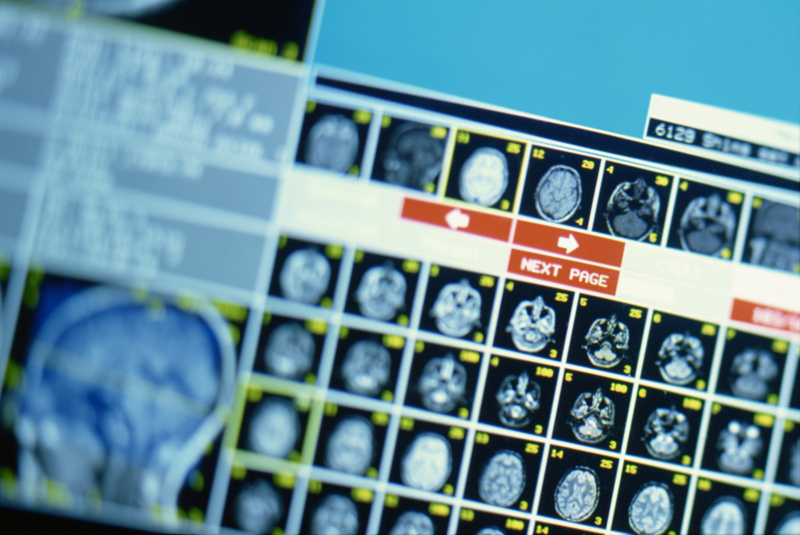
FRIDAY, March 2 (HealthDay News) — The social networking service known as Twitter seems to have become a platform for derogatory comments about epilepsy and seizures, researchers say.
In a study published in the February issue of Epilepsy and Behavior, Canadian researchers analyzed nearly 11,000 seizure-related “tweets” and deemed 41 percent of them as offensive. The study authors pointed out that the messages on this social networking service could reinforce negative perceptions of the neurological disorder.
“While we are well aware of the stigma faced by people with epilepsy, we were shocked to see just how pervasive the problem is in social media. It certainly emphasizes a need for public campaigns to combat these negative attitudes,” the study’s corresponding author, Dr. Paula Brna from the Dalhousie University in Canada, said in a journal news release.
In collecting tweets that made reference to seizures over the course of one week in April 2011, the researchers found that there were a few tweets that criticized people for joking about epilepsy and seizures.
However, the study authors said, more people should speak out against negative stereotypes associated with epilepsy and their message must be stronger. Brna and colleagues concluded that more awareness is needed about epilepsy to foster better understanding of the disorder.
In an editorial accompanying the study, Dr. Joseph Sirven, a professor of neurology and chair of the department of neurology at the Mayo Clinic in Arizona, stated: “It is now time for the epilepsy community to rise up, have our own Twitter revolution, and alter the way the condition is perceived. There is too much suffering and too great a burden for this to go unchecked.”
Sirven suggested that “by taking charge, we can potentially change the equation and allow the silent voices of individuals with epilepsy to rise up, revolt, and finally correct the misperceptions and eliminate the stigma associated with the condition once and for all.”
More information
The U.S. National Library of Medicine has more about epilepsy.

